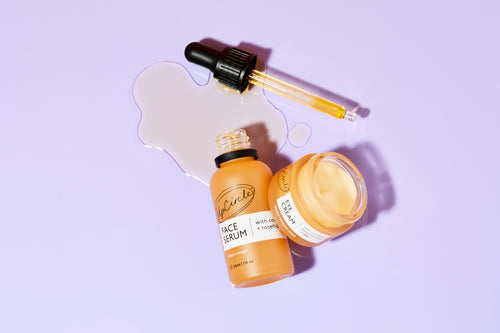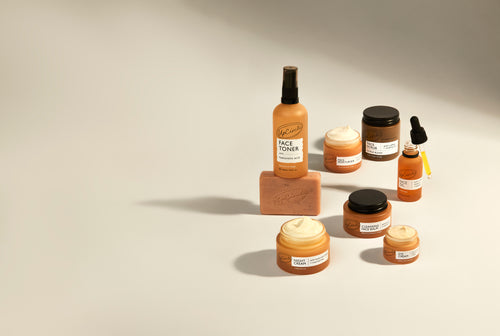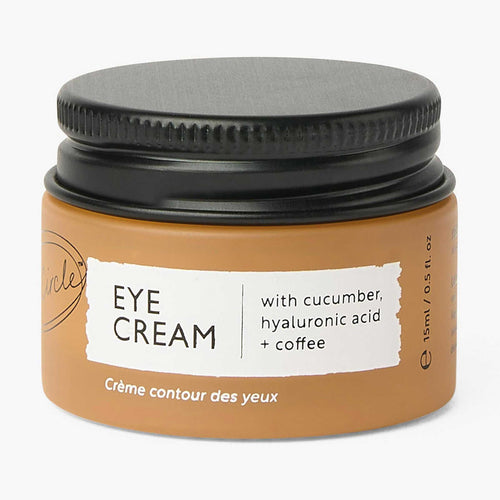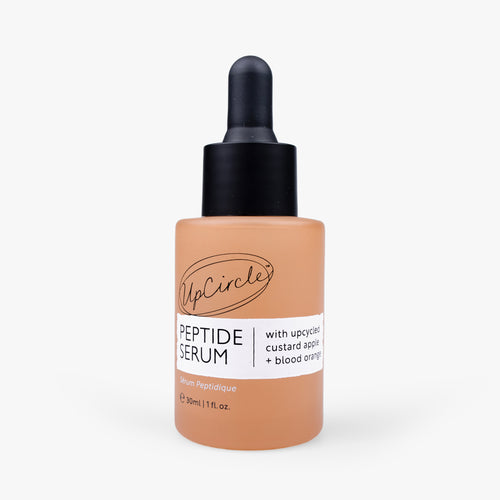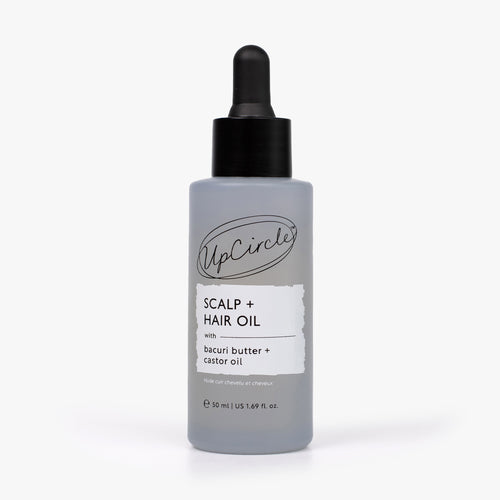Just as you think you’ve got to grips with the latest trends in skincare – from jello skin and slugging to moisture sandwiching – along comes adaptogens.
Discover exactly what adaptogens are and the potential role they can play in the health of your skin and hair when used in formulations.
All about adaptogenic skincare
Adaptogens, sometimes known as adaptogenic substances, are herbs, roots and other plant substances that are used primarily in herbal medicinal practices to help to manage the effects of stress on the body. They are non-toxic substances that are thought to help bring about stabilisation in the body. However, currently the ‘adaptogenic effect’ is not typically accepted in pharmacological or clinical settings due to a lack of research studies.
Adaptogens are thought to be able to help restore the body to its natural balance, and adaptogenic skincare is used to help repair the skin barrier and maintain skin homeostasis. Adaptogenic substances have been drawn upon by practitioners of Traditional Chinese Medicine for years as part of their practice to promote harmony for the body.
Common adaptogens used in skincare include:
1. Ashwagandha
Ashwagandha – also known as withania somnifera or winter cherry – is an adaptogenic evergreen shrub that is found in India, the Middle East, and parts of Africa. Used in Traditional Indian Medicine for centuries, winter cherry is thought to be anti-inflammatory, as well as antioxidant.
Antioxidants help to fight free radical damage, protecting the skin’s natural barrier. Free radicals are what are naturally released in the body when oxygen atoms split once they have come into contact with another chemical.
The role of the antioxidant is to help stop this oxidisation from happening in the first instance, so that free radicals are not released. This would mean that there is no need to steal electrons from healthy atoms, causing cell damage.
You may not have heard of free radical damage before, but that doesn’t mean it isn’t happening; free radical damage causes both a breakdown to the DNA of your skin, and skin damage.
2. Ginseng
Ginseng is the root of plants in the genus Panax, so there are many different species. Both American ginseng and Asian ginseng are considered to be adaptogens.
Studies have been completed researching the impact of panax ginseng on cardiovascular functions. This study noted that adaptogens are natural substances helping the body to adapt stress, maintain or normalise metabolic functions, and restore systemic equilibrium. The study found that panax ginseng was a source of vitality, with a vast range of therapeutic and potentially adaptogenic effects.
In terms of the skin, ginseng is typically used to try to help with anti-ageing effects, as well as photoageing. However, whenever we are talking about things that may potentially be anti-ageing, we believe that it’s important to remember that to age is a privilege, and a completely natural part of living life to the fullest.
3. Reishi
Reishi mushroom – sometimes known as ganoderma sichuanense or more commonly, lingzhi – is a natively East Asian fungus.
The lingzhi mushroom is rich in amino acids – in particular lysine and leucine – which help to support the skin. Amino acids are known to be effective antioxidants and great at helping the skin to retain moisture. They are also known to be able to stimulate the production of collagen in the skin as well as elastin, which is essential for supporting skin elasticity and effective skin regeneration.
4. Liquorice
Aside from being a favourite sweet for many people, liquorice is also an adaptogen – just unlucky for some, not in its sweet form!
Glycyrrhiza glabra is commonly known as liquorice, and is a flowering plant from which sweet flavouring is extracted from the roots to use in confectionery, pharmaceuticals, and other industries. Native to Western Asia, North Africa, and Southern Europe, liquorice is thought to be anti-inflammatory as well as antioxidant.
5. Cordyceps
Another mushroom adaptogen, cordyceps is a genus of fungi that includes around 600 species. It is an endoparasitoid, usually only on insects – with very few being parasitic to other types of fungus.
Now, this might be enough to put some people off – but for those who stick with cordyceps as a skincare ingredient, you could find more moisturised skin that is less inflamed.
UpCircle embraces adaptogenic ingredients
As we embraced all things haircare, we also embraced adaptogenic ingredients. We formulated our Conditioner Crème using turkey tail mushroom (trametes versicolor) extract, which is an adaptogenic ingredient.
As with many adaptogen ingredients, turkey tail mushroom can help to ease inflammation in the body, in turn helping to reduce the symptoms of inflammatory skin conditions such as eczema.
It’s important to remember that the haircare products you use don’t just come into contact with your locks, but also your scalp and the rest of your skin as you wash the product off. Your scalp can become particularly sensitive, especially if you struggle with a dry scalp.
The trametes versicolor extract, as well as hair-loving ingredients such as rosemary oil and bamboo extract, in our conditioner help to ensure your scalp and locks are nourished, happy and healthy.
This product is also formulated with both coconut oil and upcycled orange peel wax, a by-product of the orange juice industry. Orange peel wax contains botanical lipids which act as emollients to protect, soften and moisturise the skin on your scalp and your hair. Rich in vitamin C, orange peel wax can improve hair strength reducing the likelihood of breakage and split ends.
If you want to also use our specially concentrated formula of Shampoo Crème in your haircare routine, you can save 10% on the RRP of the individual products by purchasing as a set. Our Shampoo + Conditioner Haircare Duo contains both the sulphate-free shampoo and conditioner.
With the much-anticipated launch of our Peptide Serum, we’re adding another adaptogen to our list of ingredients, and better yet – it’s an upcycled adaptogen.
Cherimoya, also known as custard apple or Annona cherimola, is a tropical fruit native to South America, particularly the Andes mountains of Ecuador, Peru, and Colombia. It belongs to the Annonaceae family and is widely cultivated in regions with warm, frost-free climates around the world, including Spain, Italy, New Zealand, and California.
Our peptide serum features upcycled custard apple, a skincare powerhouse that promotes a harmonious balance for the skin. Acting as a natural adaptogen, this ingredient supports two vital biological systems by activating the CB2 receptor in the skin's endocannabinoid system. It works wonders, reducing inflammation and enhancing your skin's resilience.
Discover our full range of cruelty-free skincare, haircare and perfume at UpCircle.

